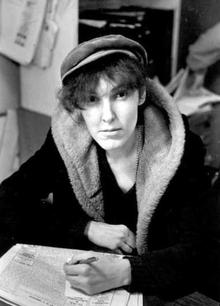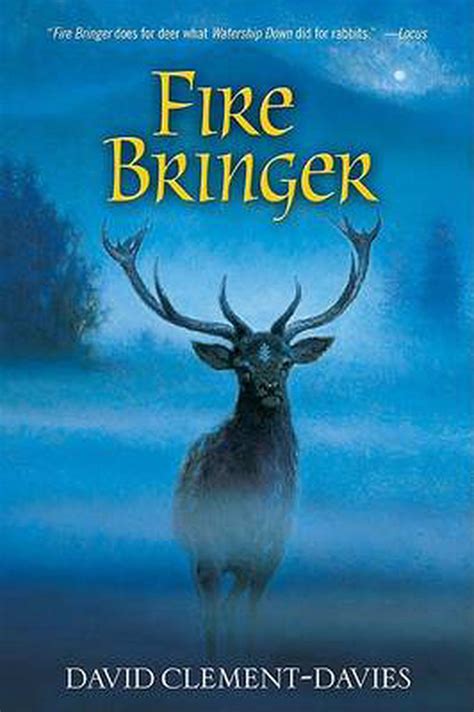A Quote by Vladimir Nabokov
Life is a great sunrise. I do not see why death should not be an even greater one.
Related Quotes
I do not see why the axiom of Prudence should not be questioned, when it conflicts with present inclination, on a ground similar to that on which Egoists refuse to admit the axiom of Rational Benevolence. If the Utilitarian has to answer the question, 'Why should I sacrifice my own happiness for the greater happiness of another?' it must surely be admissible to ask the Egoist 'Why should I sacrifice a present pleasure for a greater one in the future? Why should I concern myself about my own future feelings any more than about the feelings of other persons?'
We do not know whether it is good to live or to die. Therefore, we should not take delight in living, nor should we tremble at the thought of death. We should be equiminded towards death. This is the ideal. It may be long before we reach it, and only a few of us can attain it. Even then, we must keep it constantly in view, and the more difficult it seems of attainment, the greater should be the effort we put forth.
Why does death engender fear? Because death meant change, a change greater then we have ever known, and because death was indeed a mirror that made us see ourselves as never before. A mirror that we should cover, as people in olden days covered mirrors when someone died, for fear of an evil. For with all our care and pain for those who had gone, it was ourselves too we felt the agony for. Perhaps ourselves above all.
Tzu Li went to see Tzu Lai who was dying. Leaning against the door, he said, 'Great is the Creator! What will he make of you now? Will he make you into a rat's liver? Will he make you into an insect's leg?' Tzu-Lai replied, 'The universe gave me my body so I may be carried, my life so I may work, my old age so I may repose, and my death so I may rest. To regard life as good is the way to regard death as good. . . . If I regard the universe as a great furnace and creation as a master foundryman, why should anywhere I go not be all right?'
Birth leads to death, death precedes birth. So if you want to see life as it really is, it is rounded on both the sides by death. Death is the beginning and death is again the end, and life is just the illusion in between. You feel alive between two deaths; the passage joining one death to another you call life. Buddha says this is not life. This life is dukkha - misery. This life is death.
So to be sick unto death is, not to be able to die-yet not as though there were hope of life; no, the hopelessness in this case is that even the last hope, death, is not available. When death is the greatest danger, one hopes for life; but when one becomes acquainted with an even more dreadful danger, one hopes for death. So when the danger is so great that death has become one's hope, despair is the disconsolateness of not being able to die.
If I had my life over again I should form the habit of nightly composing myself to thoughts of death. I would practise, as it were, the remembrance of death. There is no other practice which so intensifies life. Death, when it approaches, ought not to take one by surprise. It should be part of the full expectancy of life. Without an ever-present sense of death life is insipid.
Ageing destroys youth, sickness destroys health, degeneration of life destroys all excellent qualities and death destroys life. Even if you are a great runner, you cannot run away from death. you cannot stop death with your wealth, through your magic performances or recitation of mantras or even medicines. Therefore, it is wise to prepare for your death.
So even as we see the horror of death, may we be reminded that in the end, love wins. Mercy triumphs. Life is more powerful than death. And even those who have committed great violence can have the image of God come to life again within them as they hear the whisper of love. May the whisper of love grow louder than the thunder of violence. May we love loudly.






































